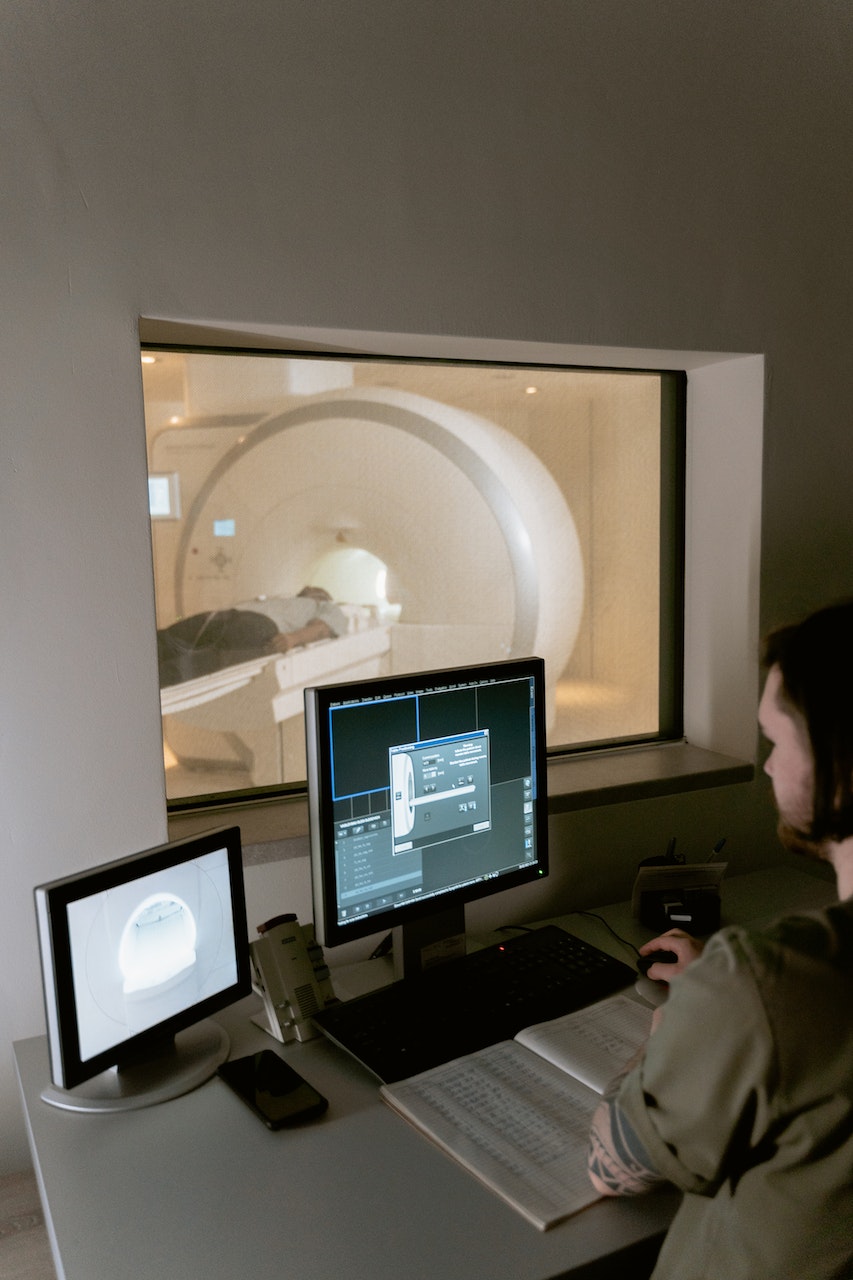Road Traffic Accidents – the motorway
 Motorways – some people love motorway driving, whilst others avoid it at all costs. People may enjoy motorway driving as it gets you where you want to be quicker, whilst (mostly) avoiding traffic and traffic lights. Others may dread motorway driving as it needs a certain level of heightened skill, confidence, and concentration – with travelling at such high speeds you cannot afford to lose concentration for a second, and this can make many people nervous of it. I personally used to always set the sat nav to ‘avoid motorways’ however currently driving to work I cannot go by any other route (that will not take me hours). Due to this I have gained experience in motorway driving and have come to enjoy it. Whatever your feelings on the motorway, it would be the last thought on your mind that you would have an accident that was not your fault.
Motorways – some people love motorway driving, whilst others avoid it at all costs. People may enjoy motorway driving as it gets you where you want to be quicker, whilst (mostly) avoiding traffic and traffic lights. Others may dread motorway driving as it needs a certain level of heightened skill, confidence, and concentration – with travelling at such high speeds you cannot afford to lose concentration for a second, and this can make many people nervous of it. I personally used to always set the sat nav to ‘avoid motorways’ however currently driving to work I cannot go by any other route (that will not take me hours). Due to this I have gained experience in motorway driving and have come to enjoy it. Whatever your feelings on the motorway, it would be the last thought on your mind that you would have an accident that was not your fault.
If you have had an accident on the motorway and it was not your fault then you may have a claim for compensation. Accidents on the motorway can be due to people not maintaining the necessary care and attention which is needed even more so for this type of driving. Accidents on a motorway can occur for a number of reasons as listed below, I have listed two of the main ones below:
Not leaving space: Many accidents occur on the motorway as cars are simply driving too closely together. Going at such high speeds, if/when there is a queue ahead or someone breaks suddenly there is no time to stop before hitting the car in front. Accidents such as these have a heightened occurrence at motorway junctions where, at times of peak traffic, queues can back up and cause collisions. Some motorways have the chevron markings on the road and advise to cars to keep a certain number of chevrons distance from the car in front. If you are hit from behind whilst on the motorway, or any road, the chance, you are pretty much guaranteed a successful claim.
Read More

 Many of our clients when they first approach us with a claim have many questions surrounding which losses they can claim for. All our legally trained advisors are able to answer these questions; however, we always feel it necessary to inform the wider public who may be sat at home equally unsure.
Many of our clients when they first approach us with a claim have many questions surrounding which losses they can claim for. All our legally trained advisors are able to answer these questions; however, we always feel it necessary to inform the wider public who may be sat at home equally unsure. This is one of the most common questions I hear at
This is one of the most common questions I hear at  With the roads being such a busy and chaotic place – everyone rushing to get somewhere, be it to work, to the shop, or taking the children to school, the importance of wearing a seat belt is and should be ever more pertinent. Thus the policing surrounding the use of seat belts has also heightened since the law was introduced.
With the roads being such a busy and chaotic place – everyone rushing to get somewhere, be it to work, to the shop, or taking the children to school, the importance of wearing a seat belt is and should be ever more pertinent. Thus the policing surrounding the use of seat belts has also heightened since the law was introduced. Whiplash is a common injury that is usually suffered after a
Whiplash is a common injury that is usually suffered after a  Being a regular user of the roads, or maybe you would say more than regular as I drive approximately 70miles a day to work and back, I have become accustomed to the hazards of the roads. These hazards are numerous and come in all sorts of different forms.
Being a regular user of the roads, or maybe you would say more than regular as I drive approximately 70miles a day to work and back, I have become accustomed to the hazards of the roads. These hazards are numerous and come in all sorts of different forms. If you live in rented accommodation, or a property owned by someone else, the onus to ensure your living space and communal areas are safe is largely on your landlord / property owner. This is of course circumstantial – if you leave a stack of your favourite DVD’s on the floor and you trip over them, or if you spill some water on the floor and forget to clean it up, later slipping on the spillage, then it’s your fault. What I’m talking about is the condition of the premises, including the interior fixtures and fittings, being safe and usable.
If you live in rented accommodation, or a property owned by someone else, the onus to ensure your living space and communal areas are safe is largely on your landlord / property owner. This is of course circumstantial – if you leave a stack of your favourite DVD’s on the floor and you trip over them, or if you spill some water on the floor and forget to clean it up, later slipping on the spillage, then it’s your fault. What I’m talking about is the condition of the premises, including the interior fixtures and fittings, being safe and usable. You may think you know what
You may think you know what  Motorways – some people love motorway driving, whilst others avoid it at all costs. People may enjoy motorway driving as it gets you where you want to be quicker, whilst (mostly) avoiding traffic and traffic lights. Others may dread motorway driving as it needs a certain level of heightened skill, confidence, and concentration – with travelling at such high speeds you cannot afford to lose concentration for a second, and this can make many people nervous of it. I personally used to always set the sat nav to ‘avoid motorways’ however currently driving to work I cannot go by any other route (that will not take me hours). Due to this I have gained experience in motorway driving and have come to enjoy it. Whatever your feelings on the motorway, it would be the last thought on your mind that you would have an accident that was not your fault.
Motorways – some people love motorway driving, whilst others avoid it at all costs. People may enjoy motorway driving as it gets you where you want to be quicker, whilst (mostly) avoiding traffic and traffic lights. Others may dread motorway driving as it needs a certain level of heightened skill, confidence, and concentration – with travelling at such high speeds you cannot afford to lose concentration for a second, and this can make many people nervous of it. I personally used to always set the sat nav to ‘avoid motorways’ however currently driving to work I cannot go by any other route (that will not take me hours). Due to this I have gained experience in motorway driving and have come to enjoy it. Whatever your feelings on the motorway, it would be the last thought on your mind that you would have an accident that was not your fault. Apparently we are all making
Apparently we are all making  At
At 









